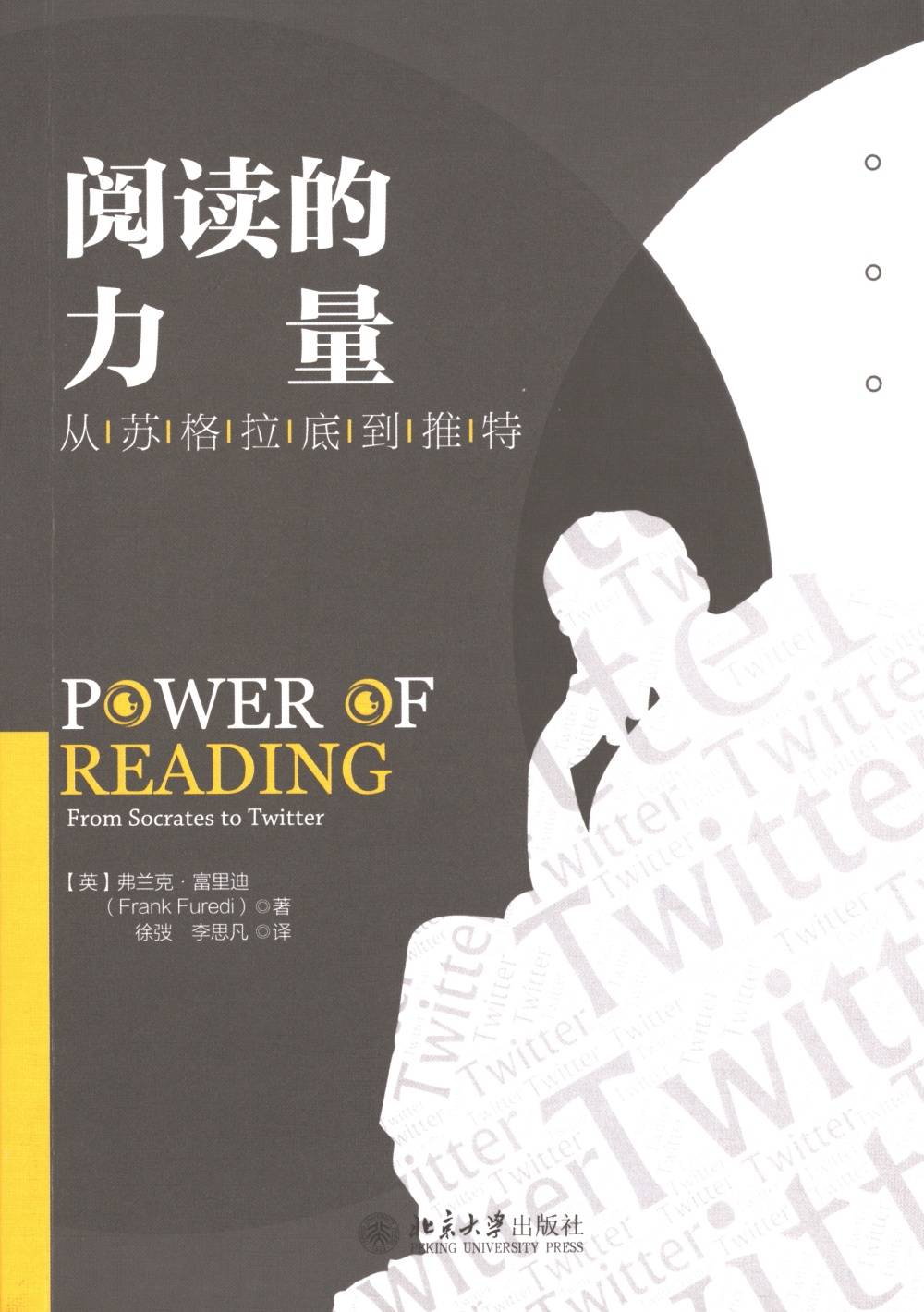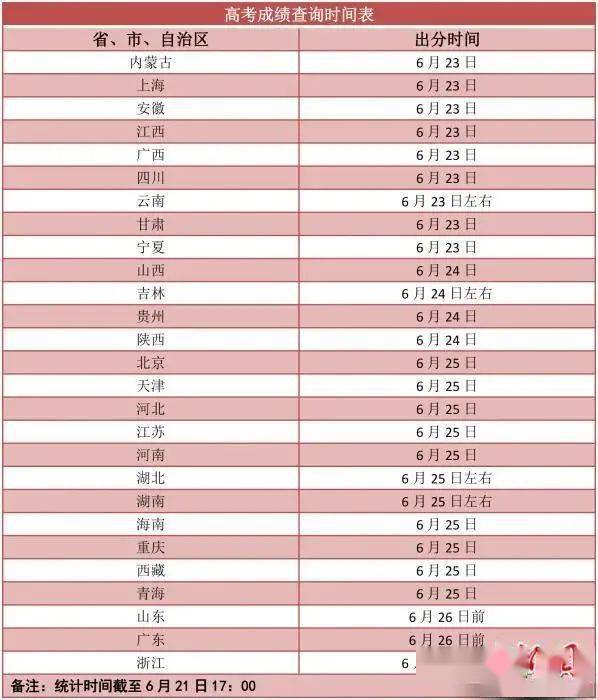
In today’s Internet age, there is a widespread concern that the Internet has caused a crisis of reading. The usual expression is that reading presents the characteristics of fragmentation and low quality, and it is no longer even real reading. In this worry, there are two judgments. First, printed books are a suitable medium for serious reading, and the Internet is not. Second, cultural elites will still insist on reading printed books, while a large number of people who are addicted to the Internet are just consumers.
By combing through the history of reading and reading viewpoints, the author of this book Fulidi pointed out to us: In fact, similar worries and controversies have existed since ancient times, and have never subsided, only changing their forms with the changes of the times. His combing provides us with a broad historical perspective, citing representative oppositional remarks around reading problems in different eras, and helps us to think about the problems we are facing today.
The subtitle of the book is “From Socrates to Twitter”, implying that from ancient Greece to the Internet age, reading has always been a controversial issue. From the perspective of Western history, there are several key nodes. First, in ancient Greece, due to the preciousness of written materials, only a few people had the opportunity to read written texts. However, Socrates was already worried that the indirectness of written texts would lead to misunderstandings and advocated that only direct oral dialogue could ensure correct understanding. The second is that after Gutenberg introduced printing technology to Europe in the 15th century, the spread of books increased the reading population, and the debate on the pros and cons of reading also increased, but all parties acknowledged that reading has a major impact on the mind. The third is the rise of novels in the 19th century. Focusing on Goethe’s “The Troubles of Young Werther”, the influence of fictional works on people’s real lives caused moral panic, while the readers who indulged in novels were criticized by morals. Fourth, since the 1960s, with the rise of digital technology, the pros and cons of the Internet have become the focus of attention. Those who abide by the tradition take a critical stand, while those who oppose the tradition cheer the arrival of another reading revolution, claiming that readers have gotten rid of the oppression of books and have truly become The master of reading.
So, what is the author’s position? When narrating various or even opposite opinions, his attitude is cautious, and he often does not clearly indicate whether it is acceptable or not. As far as our problem today is concerned, the dispute occurred in two aspects. The first is about the media, that is, the relationship between online text and printed books. He admitted that reading culture faces severe challenges, but the reason is not in the technical field. He criticized the Internet and Acura Internet as one-sided. The second is about the subject of reading, the relationship between elite reading and public reading. He opposes going to extremes and obviously does not approve of elitism. I agree with these two points. The pros and cons of reading do not depend on the medium and identity, but on the purpose, content and method of reading. The author’s conclusion is that reading is a kind of cultural cultivation with its own value, and we should revive this spirit. This revival should start with the cultivation of dolls. (Zhou Guoping)





























































You must log in to post a comment.